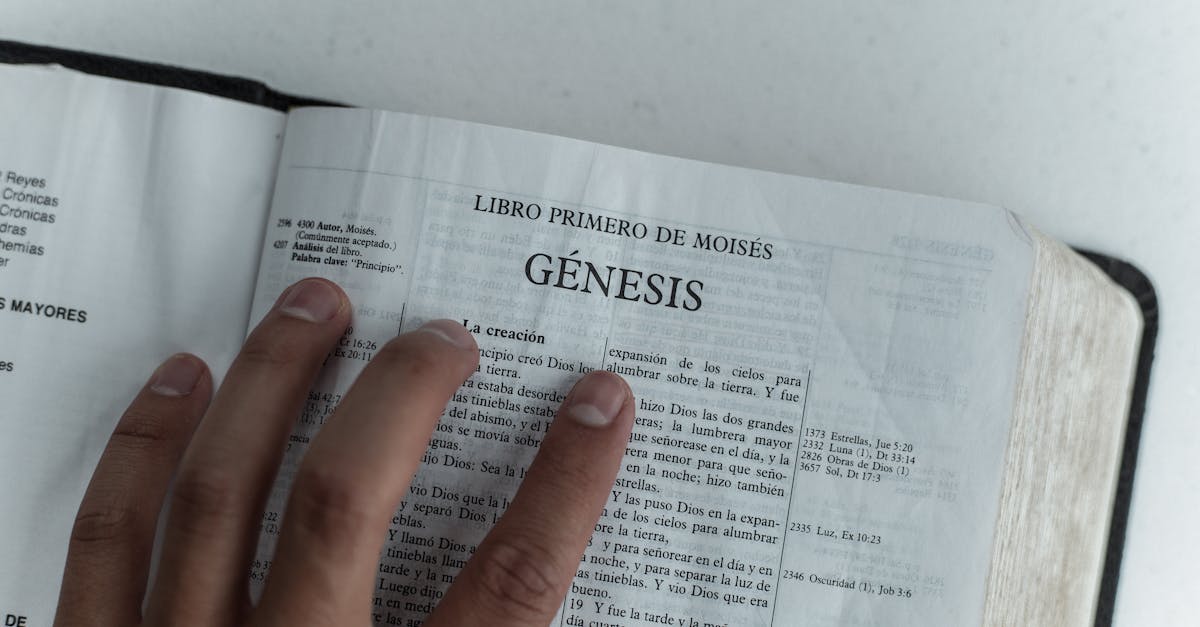The Old Testament is a foundational text for millions around the globe, rich with history, poetry, and divine teachings. But how many books does it actually contain? For many, this question might seem straightforward, but the answer opens a window into the complexity and diversity of biblical literature. In this article, we will explore the 39 books of the Old Testament, their significance, and the themes they encompass. Let’s dive into the details!
| Book Number | Book Name |
|---|---|
| 1 | Genesis |
| 2 | Exodus |
| 3 | Leviticus |
| 4 | Numbers |
| 5 | Deuteronomy |
| 6 | Joshua |
| 7 | Judges |
| 8 | Ruth |
| 9 | 1 Samuel |
| 10 | 2 Samuel |
| 11 | 1 Kings |
| 12 | 2 Kings |
| 13 | 1 Chronicles |
| 14 | 2 Chronicles |
| 15 | Ezra |
| 16 | Nehemiah |
| 17 | Esther |
| 18 | Job |
| 19 | Psalms |
| 20 | Proverbs |
| 21 | Ecclesiastes |
| 22 | Song of Solomon |
| 23 | Isaiah |
| 24 | Jeremiah |
| 25 | Lamentations |
| 26 | Ezekiel |
| 27 | Daniel |
| 28 | Hosea |
| 29 | Joel |
| 30 | Amos |
| 31 | Obadiah |
| 32 | Jonah |
| 33 | Micah |
| 34 | Nahum |
| 35 | Habakkuk |
| 36 | Zephaniah |
| 37 | Haggai |
| 38 | Zechariah |
| 39 | Malachi |
Genesis
Genesis is the first book of the Old Testament, chronicling the creation of the world, the early history of humanity, and the origins of the Israelite people. It features key figures such as Adam, Noah, Abraham, Isaac, Jacob, and Joseph, setting the stage for the narratives that follow.

Exodus
Exodus tells the story of the Israelites’ liberation from Egyptian slavery and their journey to the Promised Land. It introduces Moses, the law, and the covenant between God and His people, highlighting themes of deliverance and divine guidance.

Leviticus
This book focuses on the laws and rituals that govern the Israelite community, emphasizing holiness and worship. It provides detailed instructions for sacrifices, festivals, and moral conduct, aiming to maintain a sacred relationship between God and Israel.

Numbers
Numbers recounts the Israelites’ wanderings in the desert, including census data, military organization, and various challenges faced during their journey. It serves as a bridge between the liberation from Egypt and the entrance into the Promised Land.

Deuteronomy
Deuteronomy consists of Moses’ final speeches to the Israelites before they enter Canaan. It reiterates the law and the importance of obedience to God, serving as a reminder of their covenant and the consequences of their actions.

Joshua
This book narrates the conquest and settlement of Canaan under Joshua’s leadership. It details battles, the allocation of land among the tribes, and the establishment of Israel in the Promised Land, showcasing themes of faith and divine fulfillment.

Judges
Judges depicts a cycle of sin, oppression, repentance, and deliverance among the Israelites. It highlights various leaders, or judges, who arose during times of crisis, illustrating the struggles of maintaining faithfulness in a turbulent period.

Ruth
The book of Ruth tells a beautiful story of loyalty and redemption. It follows Ruth, a Moabite woman who chooses to stay with her Israelite mother-in-law, Naomi, and ultimately becomes part of the lineage of King David, symbolizing inclusion and divine providence.

1 Samuel and 2 Samuel
These books chronicle the transition of Israel from a loose confederation of tribes to a unified monarchy. Key figures include Samuel, Saul, and David, exploring themes of leadership, anointing, and the complexities of human nature.

1 Kings and 2 Kings
These texts continue the narrative of Israel’s monarchy, detailing the reigns of various kings, the division of the kingdom, and the eventual exile. They emphasize the consequences of disobedience and the prophetic warnings delivered to the people.

1 Chronicles and 2 Chronicles
Chronicles retells much of the history found in Kings but focuses more on Judah and the temple worship. It highlights the Davidic lineage and emphasizes the importance of worship and adherence to the covenant.

Ezra and Nehemiah
These books document the return of the exiles to Jerusalem and the rebuilding of the temple and the walls of the city. They stress themes of restoration, community, and the importance of adherence to God’s law.

Esther
Esther tells the story of a Jewish woman who becomes queen of Persia and courageously saves her people from annihilation. It showcases themes of bravery, identity, and divine intervention in the face of adversity.

Job
Job explores profound questions of suffering, faith, and divine justice. The narrative challenges traditional views of retribution and highlights the complexity of God’s relationship with humanity.

Psalms
The Psalms are a collection of poetic songs and prayers expressing a wide range of emotions, from praise to lament. They serve as a spiritual resource for worship and reflection, emphasizing the human experience in relation to the divine.

Proverbs
Proverbs offers practical wisdom for living a righteous life, emphasizing moral conduct, relationships, and the fear of the Lord. It is a guide for daily living and decision-making rooted in faith.

Ecclesiastes
Ecclesiastes reflects on the meaning of life and the pursuit of happiness. It presents a contemplative view on the futility of human endeavors apart from God, encouraging readers to find contentment in their relationship with Him.

Song of Solomon
This poetic book celebrates love and desire, often interpreted as an allegory of God’s love for His people. It highlights the beauty of romantic love while also emphasizing the importance of commitment and faithfulness.

Isaiah
Isaiah contains prophecies about judgment and hope, emphasizing God’s sovereignty and the coming of the Messiah. It addresses both immediate concerns of Israel and future promises of restoration and peace.

Jeremiah and Lamentations
Jeremiah is a prophetic book warning of impending judgment due to Israel’s unfaithfulness. Lamentations, traditionally attributed to Jeremiah, mourns the destruction of Jerusalem, reflecting deep sorrow and a call
